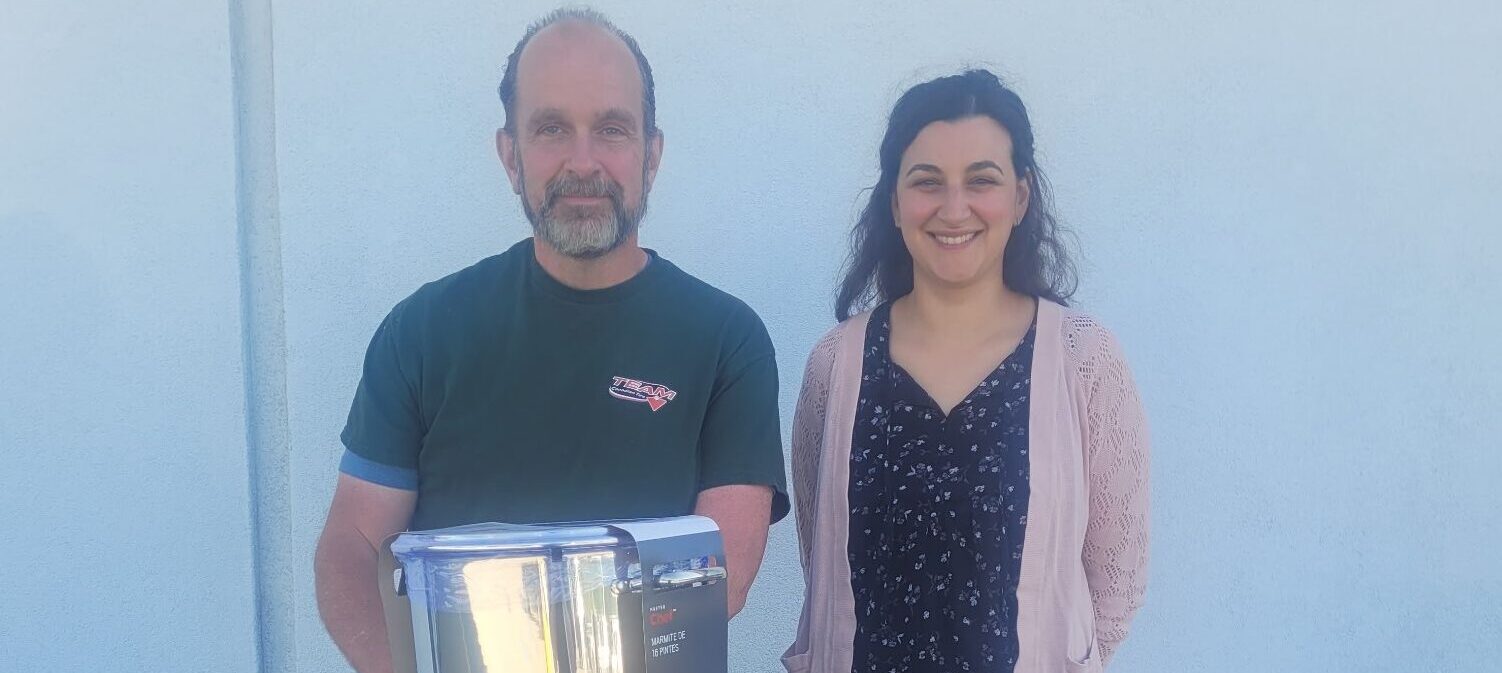
Government investments in child care and family supports offset other expense increases
The gap is closing between the minimum wage and the living wage in the Greater Trail area. A new report from the Skills Centre and Living Wage for Families BC has found that the 2021 living wage for Trail and its surrounding communities is $18.15 per hour.
This is a slight decrease from the living wage calculation of two years ago when it was $18.83. Rather than an indication that the cost of living is going down, it signals that there are more financial supports available for low wage earners.
“The living wage indicates what it costs to get by in a community, so if there are more subsidies and credits available, then that living wage can decrease. That doesn’t mean the cost of living has decreased, it means that we’re taking better care of our low income earners,” explains Morag Carter, executive director of the Skills Centre.
“The reality is that many families in the Greater Trail area earn less than a living wage and struggle to make ends meet with the rising cost of living,” she says. “Minimum wage is the minimum an employer legally has to pay an employee. A living wage is the minimum pay to keep your employees above the poverty line.”
The living wage is calculated as the hourly amount that each of two working parents with two young children must earn to meet their basic expenses, including rent, child care, food and transportation, once government taxes, credits, deductions and subsidies are taken into account. Recent government investments in child care and other policy measures to support families have helped to prevent an increase in the living wage.
Steve Morissette, mayor of the Village of Fruitvale, a living wage workplace, says that for employers, paying a living wage makes sense.
“There are many places looking for workers. This is an opportunity to promote your business as a living wage employer and attract people to come work for you,” he says.
“It made sense for Fruitvale to show our resolve that everyone should be afforded the dignity of a living wage. We made a commitment to providing a good quality of life for our employees and contractors, and to being a leader in bringing awareness of poverty issues in our area and finding solutions. I’m really excited that Fruitvale is leading the charge for municipalities both locally and provincially. Hopefully, it will inspire others,” Morissette adds.
“This year’s calculation shows the impact of public policy changes since 2018, notably significant child care investments, the new BC Child Opportunity Benefit and elimination of MSP premiums, as well as other small changes to government transfers and taxes,” says Anastasia French, Living Wage for Families BC Organiser.
“These changes have helped offset the increase in family expenses since 2018, improving affordability for modest- and middle-income families with young children, which demonstrates the power of good public policy to make life more affordable for families,” she says.
In 2021 Living Wage for Families BC certified over 100 new living wage employers across the province, suggesting that employers have found paying a living wage as a solution to some of the pandemic-related hiring challenges they have experienced.
“The pandemic has revealed how much of our economy depends on undervalued and underpaid workers in service and care industries,” French says. “Public sector employers such as municipalities, school boards, health authorities and universities and private sector companies can support poverty reduction efforts and pandemic recovery across the province by increasing wages. This will also stimulate local economies because lower-income families tend to spend almost all of their income in their communities.”
The five living wage employers in Greater Trail are the Skills Centre, the Village of Fruitvale, Modern Purair, Community Futures Boundary and Grand Forks Credit Union.



